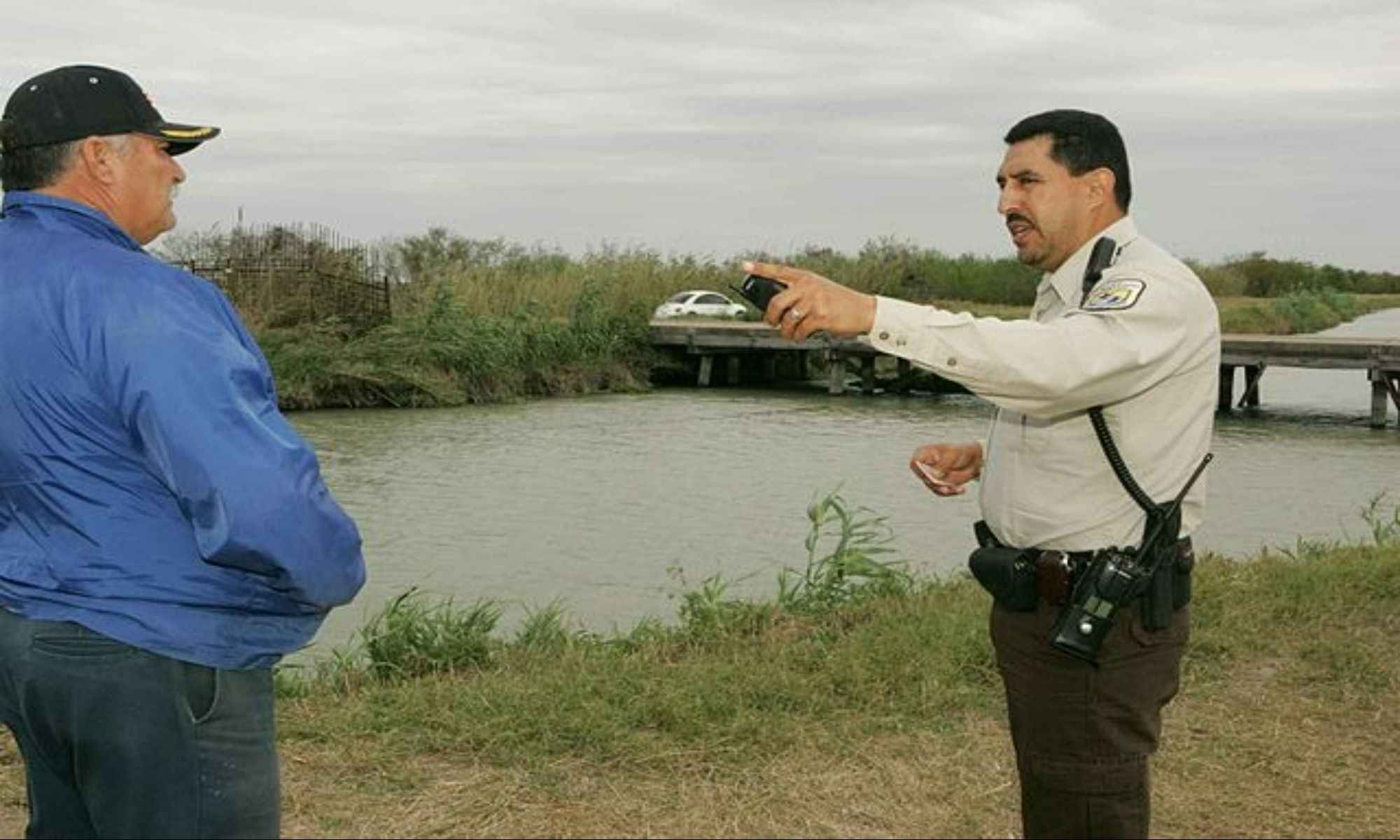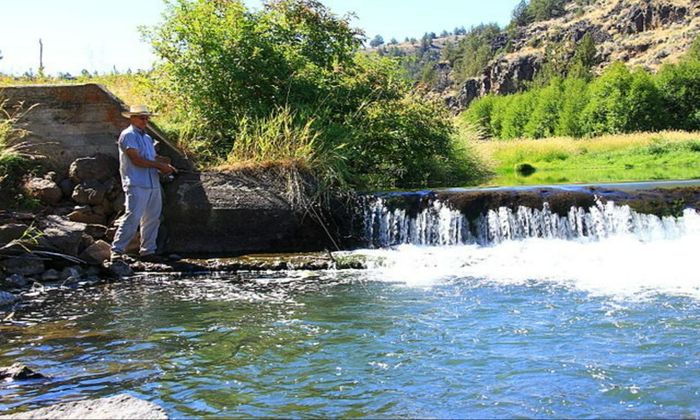When Do You Need a Fishing License?
All you need to know about acquiring a fishing license in the USA.

Wherever you go in the United States, every state has different rules and regulations when it comes to how to acquire a fishing license. More often than not, you will need a fishing license no matter where you are in the country. It also depends on what kind of fishing license you will need for whatever type of fishing you will be doing. This crucial legal piece of paper helps regulate and control fishing. Here are some things you should know about fishing licenses:

How to and Why Acquire a Fishing License
Getting a fishing license is relatively easy. All you need to do is identify the state you’re going to fish in and look for the official government licensing site for fishing licenses and permits. Remember that if you’re traveling, you need a license in the state where you plan to fish, not where you live. Fishing licenses are regulated at the state level, so the pricing and licensing can vary slightly everywhere. You can purchase a license online or in retail outlets in the United States. You can also acquire them by booking a fishing charter or guide handling everything for you.
Why do we need to have a fishing license, and why isn’t it free? Fishing licenses exist because it is a way for states and countries to collect funds that go towards conservation. It means you are directly funding the safety and longevity of the waterways you’re fishing in. It helps with enhancing the water quality, maintaining fish habitat, long-term conservation, protecting natural aquatic places and wildlife resources, and sets an example for the next generation to do the same. A fishing license is usually the only mandatory thing you’ll need to bring on angling trips, so make sure you have yours before you head out to the water.

Things to Know
- Most fishing permits and licenses are time offered and require renewal.
- Anglers between the ages of 18 and 64 require a fishing license.
- Depending on the state, those under 18 years of age must get a junior or youth license.
- Those who are over 64 years of age can acquire a senior license at a reduced rate.
- Other states grant license-free fishing or free or reduced license rates for veterans, seniors, and the disabled.
- You can combine your fishing license with a hunting license, trout stamps, and other permits, which can help make it more affordable.
- Some states offer couples licenses for those who are married.
- Some states offer discounts to those who recruit first-time fishing license buyers.
- Some states have a free fishing day where anglers can fish without a license or permit.
Types of Fishing Licenses
The beauty of fishing is that it’s an activity that can go wherever you go. So you must know the license rules, fees, and regulations of all 50 states. Each state offers multiple kinds of fishing licenses that are set in their own respective license fee. All states provide an annual fishing license, while some also offer a multi-year permit or a lifetime license. Some places provide fishing licenses that last for a day or a week. You will also need to consider whether you need a recreational or commercial fishing license in public waters. There is also the distinction between having a non-resident license and a resident license.
A saltwater fishing license won’t permit you to fish in freshwater waterways, and vice versa. Some states would combine all types of angling into one license. You won’t need to purchase a valid fishing license in California if you’re only fishing from a public pier. Meanwhile, some states require a trout permit or trout license for you to be able to catch and keep trout. In Louisiana, specific regulations about the equipment you can use on fish, crawdads, and other species are enforced. Michigan allows those with a fishing license also to target and takes amphibians, crustaceans, and reptiles. In Alaska, you need a king salmon stamp to fish for king salmon. Arizona residents aged ten and over can get a combination fishing and hunting license that covers catching live fish, frogs, waterdogs, crayfish, and softshell turtles. States like Delaware and Maryland have specific licenses and permits if you want to go crabbing and clamming. A Florida fishing license will permit you to go saltwater fishing only from the shorelines and attached structures accessible by foot. You need to apply for a separate permit if you want to catch fish offshore, from a watercraft, or fish while swimming and diving. You don’t need a marine recreational fishing license if you’re going to fish in Hawaii’s beautiful ocean waters and natural resources. You only need to apply for a freshwater fishing license in that state.
If you want to know more about the specific differences between fishing licenses and permits in all the states, related information can be easily looked up online. Get your license to make the most of fishing in the USA!




